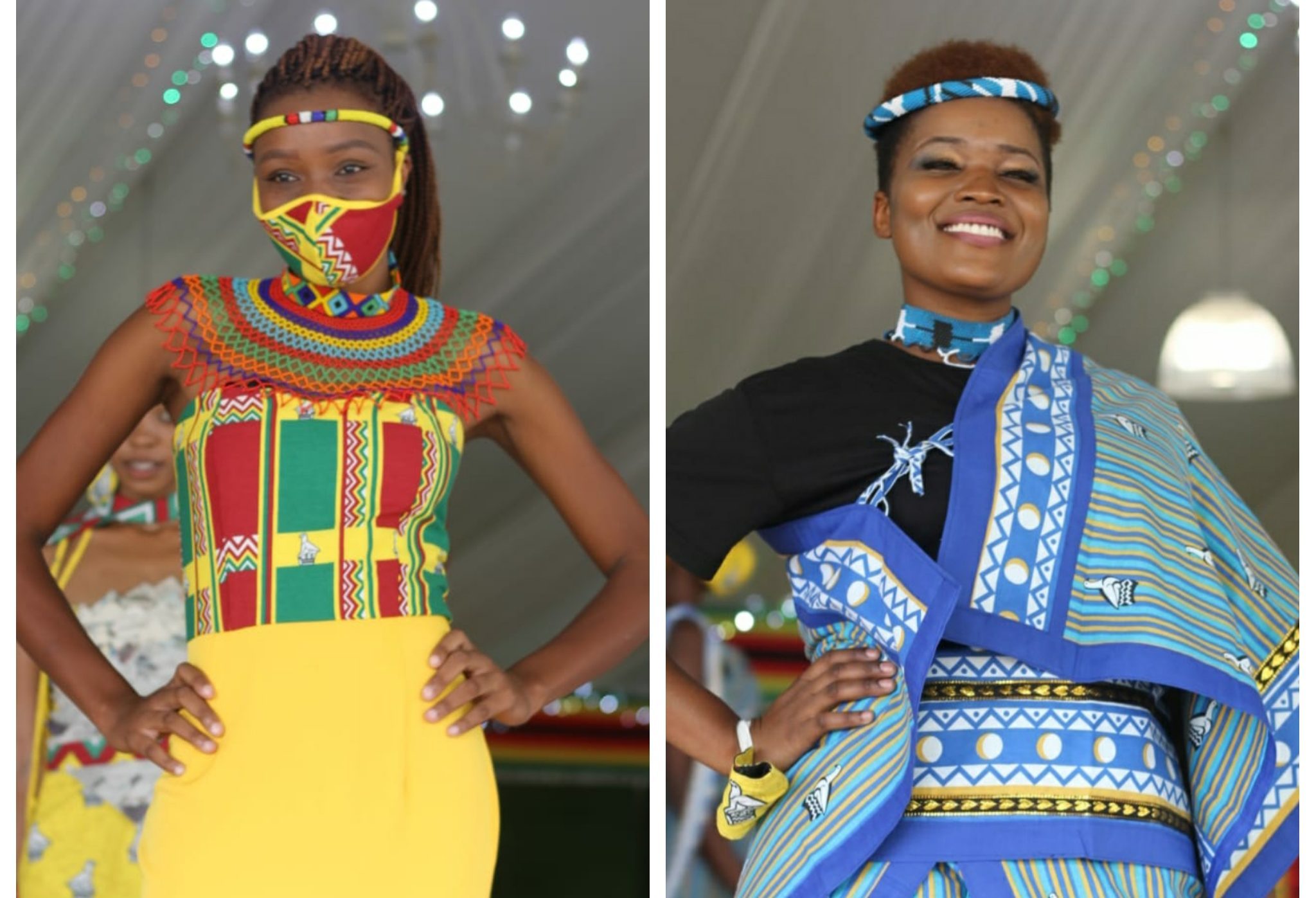What denotes the Zimbabwean culture? If you were to play a game of “Spot the Zimbabwean” on the streets of any African city, you might find yourself scratching your head in confusion. With other countries like Nigeria boasting vibrant and recognizable traditional attire such as the agbada and gele, Zimbabweans sometimes struggle to pinpoint specific features that scream “I am proudly Zimbabwean!” This then sparks the question ” What denotes our Zimbabwean culture?”
In the colorful tapestry of African cultures, Zimbabwe stands out with its rich heritage, delicious meals and diverse traditions. Our marriage ceremonies, music, hospitality, respect, dishes, mutupo and history are all elements that make us uniquely us. However, one aspect that has often led to playful debates and questioning is the lack of a distinctive national attire that readily identifies a Zimbabwean.
This cultural ambiguity has sparked conversations on social media, with one Twitter user pondering, “Nhaimi, what is our Zimbabwean attire, events & culture? What’s our special dress?” accompanied by a request for pictures to illustrate the elusive national attire. The discussion delves deeper into the essence of Zimbabwean identity and the quest to find that unique cultural element that sets us apart. The dress had been introduced but seemingly was not successfully assimilated into everyday life.
Despite the failure of assimilation of a defined national dress, Zimbabweans embrace a blend of diverse influences that reflect our history and multicultural roots. Our cultural landscape is a mosaic of Shona, Ndebele, Tonga, Ndau and other ethnic groups, each contributing to the vibrant tapestry of Zimbabwean traditions.
Perhaps our lack of a distinct cultural feature in terms of attire makes it easier for us to seamlessly integrate into and adapt to various environments and cultures. We are chameleons, effortlessly blending in and adapting while still holding on to the threads of our heritage.
When asked about what makes one feel truly Zimbabwean, the responses vary from the mouthwatering aroma of sadza and “gochi gochi” to the rhythmic beats of Sungura. Whether its watching a traditional dance performance or the laughter shared over a pot of bubbling mazondo stew, a grandmother telling her children “ngano”, there are countless moments and experiences that evoke a sense of Zimbabwean pride and belonging.
As we navigate the complex tapestry of our cultural identity, let us celebrate the diversity that defines us and continue to explore the essence of what it truly means to be Zimbabwean. Which one of the kaleidoscope of traditions that we have makes you feel uniquely Zimbabwean?







